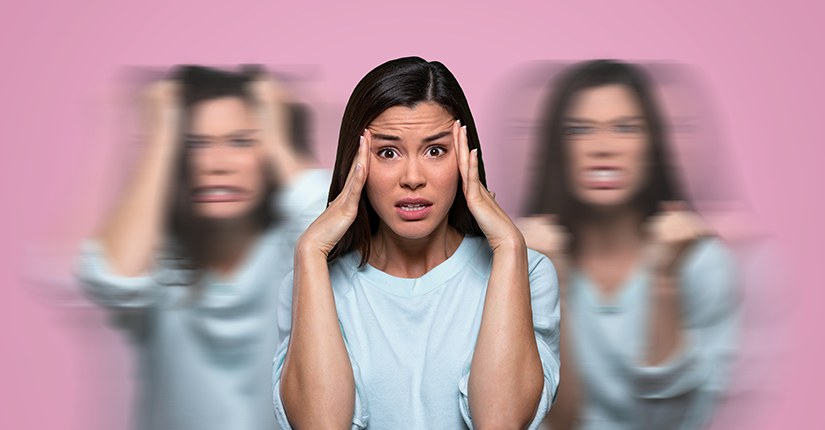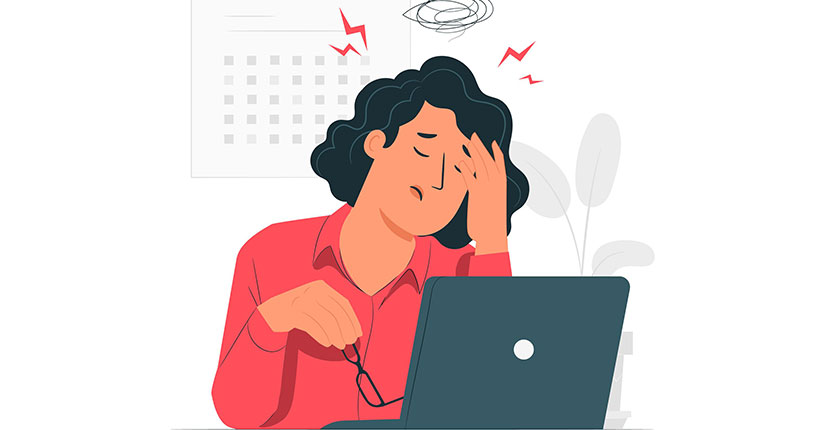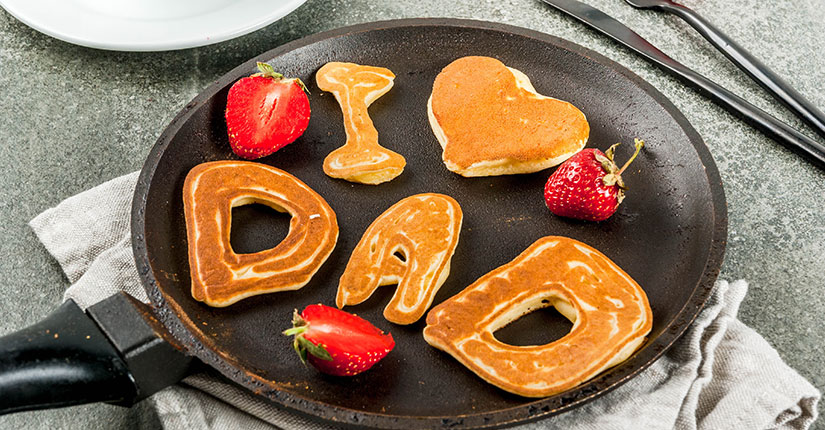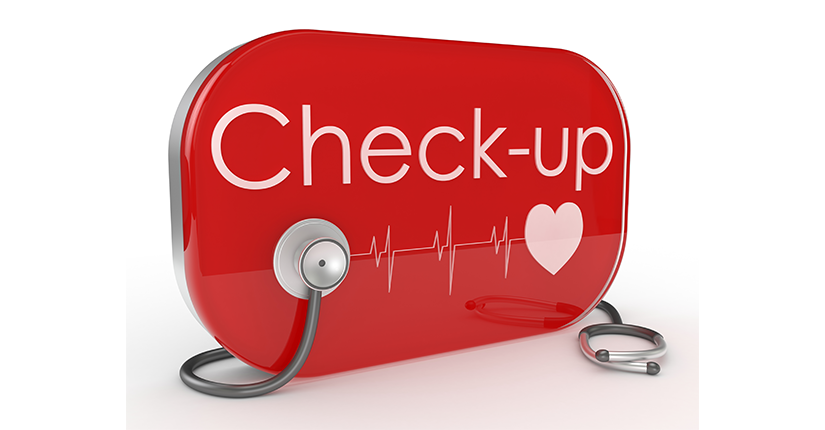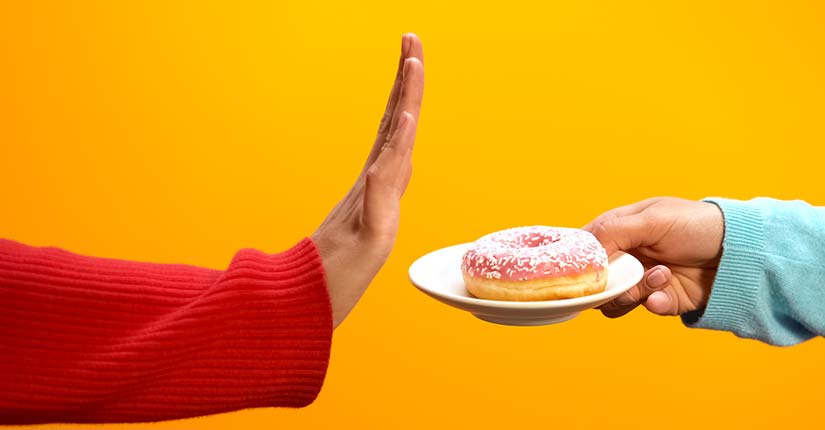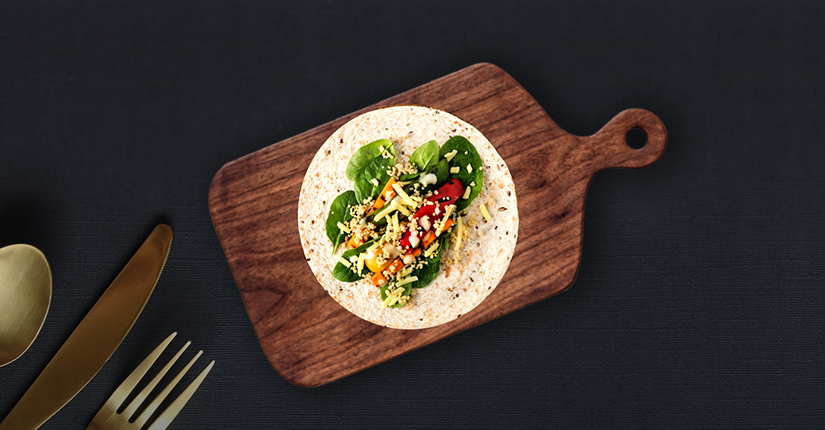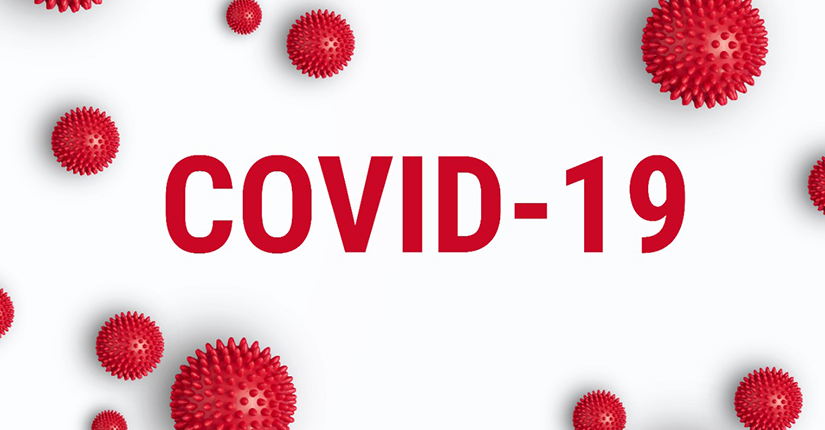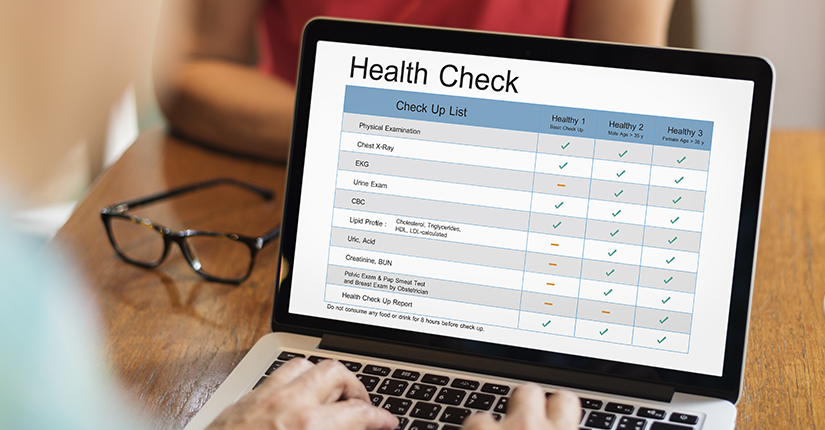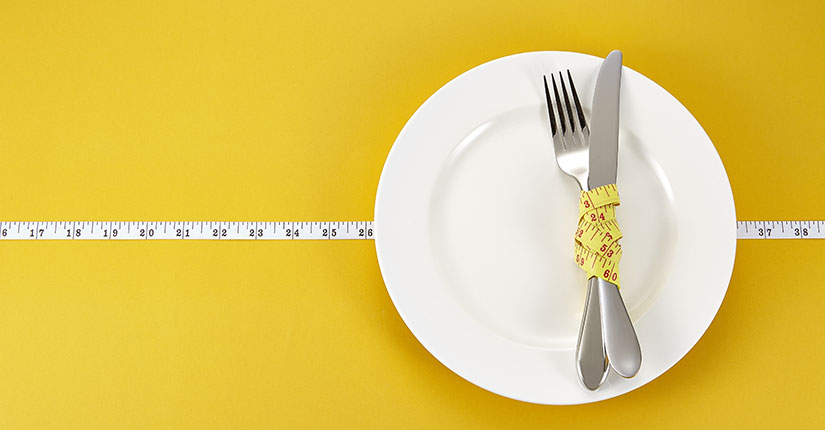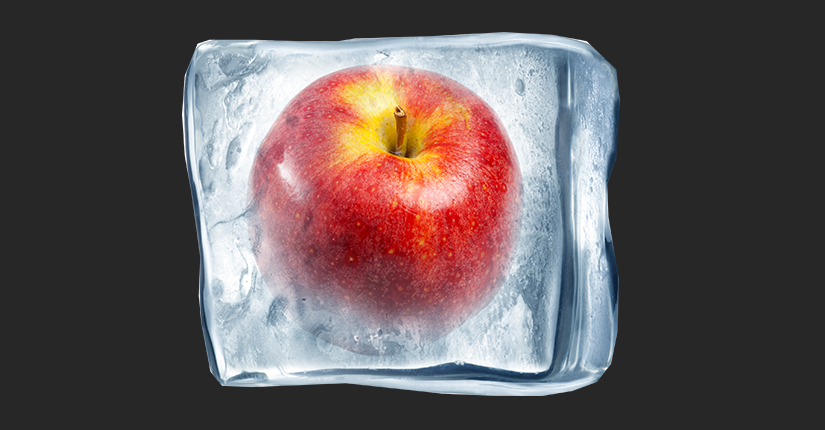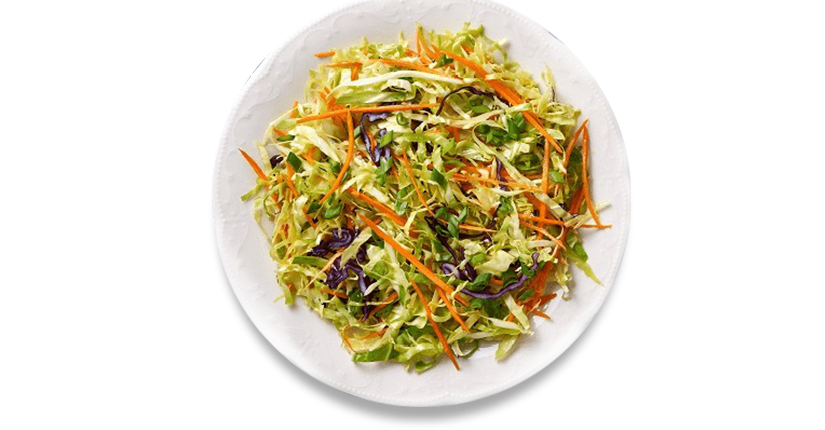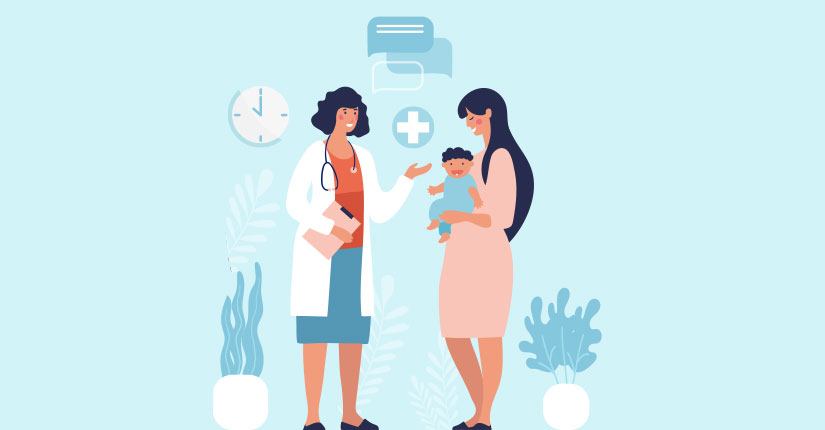Did You Know that Low Ferritin Levels Can Lead to Hair Loss? Here’s How to Fix
By Nmami Life Editorial 23-May 2020 Reading Time: 5 Mins
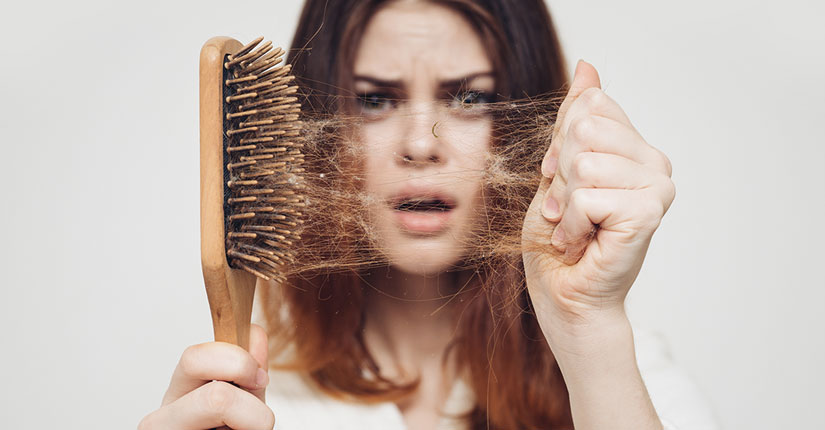
You might be wondering about your reason for hair loss and would be confused about how to resolve it. You might be told to about taking supplements if you don’t eat enough iron-rich foods and this could be the sole reason for hair loss.
Iron is an essential mineral that your body requires and your body stores some of it in the form of ferritin. Ferritin is a type of protein in your blood that stores iron that your body can use when it needs it. If you have low ferritin, this means that you also have an iron deficiency.
When you have low ferritin levels, you may also experience hair loss. Unfortunately, it can be easy to overlook ferritin if you also have an underlying condition that may cause hair loss.
While hair loss is just one sign of low ferritin levels, other signs and symptoms are similar to that of an iron deficiency:
- dizziness
- extreme fatigue
- pounding in the ears
- brittle nails
- shortness of breath
- headaches
- difficulty concentrating
Other reasons for hair loss
There could be some suspected food sensitivity and the doctor may recommend a blood test or an elimination diet. Gluten intolerance could be one of the possible causes of poor iron absorption, which can then lead to low ferritin and hair loss. Vitamin D deficiency could be another reason to hair loss. Make sure you’re getting enough sun and try to incorporate vitamin D-rich sources into your diet like eggs, cheese, and fatty fish. Zinc deficiency is similar having hair loss one of the symptoms. Zinc food sources are meats, whole grains, and dairy products.
Rich Sources of Iron
While no doubt that meat contains higher levels of iron than plant-based foods, you can still get some iron from eating whole grains, nuts, and legumes. Eating vitamin C-rich with iron-rich foods at the same time is essential as Vitamin C can also help your body absorb iron better.
A diet full of iron-rich foods is the best way to keep your ferritin levels up to date. Include iron rich foods in the diet, such as dark green vegetables like kale, spinach, bitter gourd and dried apricots, tofu, lentils, beans, oysters, prunes, raisins, and pulses.
Mostly it is recommended to have ferritin levels to an optimal range between 70-80 ng/mL to resolve hair loss issues.
Over to you
The best way to treat hair loss with ferritin is to enhance your iron levels. Another good part about hair loss due to low ferritin is that it is entirely reversible, and relatively easy to correct. Once the ferritin level has been known by means of a blood test, the trichologist will be able to recommend the best level of supplementation for that individual, based on their personal medical history. However, iron supplements should only be taken on the advice of a specialist, following appropriate blood tests at regular intervals.
If a person has a known deficiency, supplementation will be necessary in order to take in enough iron to raise the serum ferritin levels. The patient should then be closely monitored over a period of months, and the dose of supplement should be adjusted as necessary.

